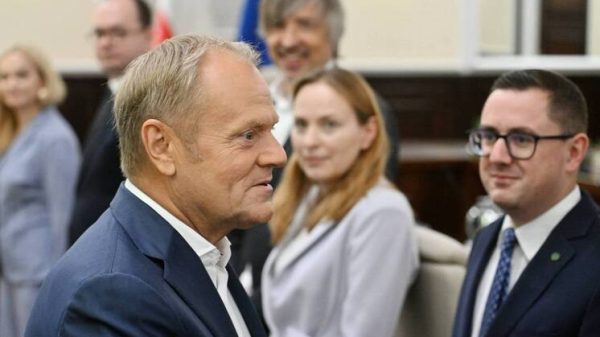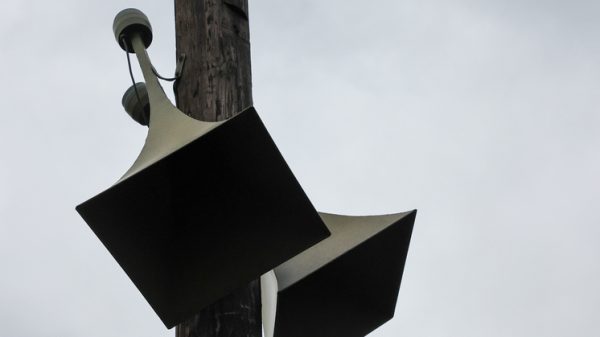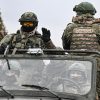Chinese officials did “little” in terms of epidemiological investigations into the origins of the Covid-19 pandemic in Wuhan in the first eight months after the outbreak, according to an internal World Health Organization document seen by the Guardian.
The internal WHO travel report summary, dated 10 August 2020, also said the team who met Chinese counterparts as part of a mission to help find the origins of the virus received scant new information at that time, and were not given any documents or written data during extensive discussions with Chinese officials.
The report from last summer, which was written as global infection rates reached 20m, offers new insights into how WHO scientists appear to have been stymied in their early efforts to study the outbreak in China.
The revelation comes after the Biden administration recently issued a pointed statement about its concerns over Chinese cooperation in studying the disease and the need for the WHO to be held to a high standard and protect its credibility.
Jake Sullivan, the US national security adviser, also called on China to make its data from the earliest days of the outbreak public and for all countries, including China, to participate in a “transparent and robust” process for preventing and responding to health emergencies.
The internal August 2020 WHO document seen by the Guardian offers some clues as to what might be driving the US frustration.
The two-page internal travel report is a summary of the WHO programme manager and mission leader Peter Ben Embarek’s trip to China between 10 July and 3 August 2020, which was described as an advance WHO mission to study the Covid-19 virus and “review work done so far on the origin of the virus”.
In its summary, the travel report said the mission started with a two-week quarantine followed by 10 days of face-to-face meetings with relevant ministries, including the national health commission, the state administration for market regulation, the ministry of agriculture and rural affairs, and other agencies including the Wuhan Institute of Virology.
“Following extensive discussions with and presentation from Chinese counterparts, it appears that little had been done in terms of epidemiological investigations around Wuhan since January 2020. The data presented orally gave a few more details than what was presented at the emergency committee meetings in January 2020. No PowerPoint presentations were made and no documents were shared,” the report said.
A WHO spokesperson declined to comment on “internal documents”. The Chinese embassy in Washington did not respond to a request for comment.
Do you have information about this story? Email stephanie.kirchgaessner@theguardian.com, or (using a non-work phone) use Signal or WhatsApp to message +1 646 886 8761.
When a reporter from Science magazine asked WHO officials about the July-August 2020 mission at a 21 August press conference, Dr Maria Van Kerkhove, an infectious disease expert and technical lead for the WHO on Covid-19, said the team had recently returned from China and had been there to “learn” from Chinese counterparts about the work that “has been ongoing”.
Dr Michael Ryan, executive director of the WHO’s health emergencies programme, then added: “It’s important that the mission goes ahead, but there are also a number of preliminary studies that need to be carried out as well, and our colleagues in China have discussed those in depth with the advance team and we hope that those studies can begin as soon as possible.”
I was on the WHO’s Covid mission to China, here’s what we found | Dominic Dwyer
Read more
Further questions about China’s cooperation in studying the origins of the virus emerged following a more recent trip – just last month – to China to study the origins of the virus. Dominic Dwyer, an Australian infectious disease expert who was part of the investigation team, recently told reporters that the WHO had requested raw patient data from Chinese counterparts during its January 2021 mission but was only given a summary.
Dwyer told Reuters that sharing anonymised raw data was standard practice for an outbreak investigation. He said raw data was particularly important in efforts to understand Covid-19 as only half of 174 initial cases had exposure to the now shuttered market where the virus was first detected.
“That’s why we’ve persisted to ask for that,” Dwyer said. “Why that doesn’t happen, I couldn’t comment.”




















































Свежие комментарии